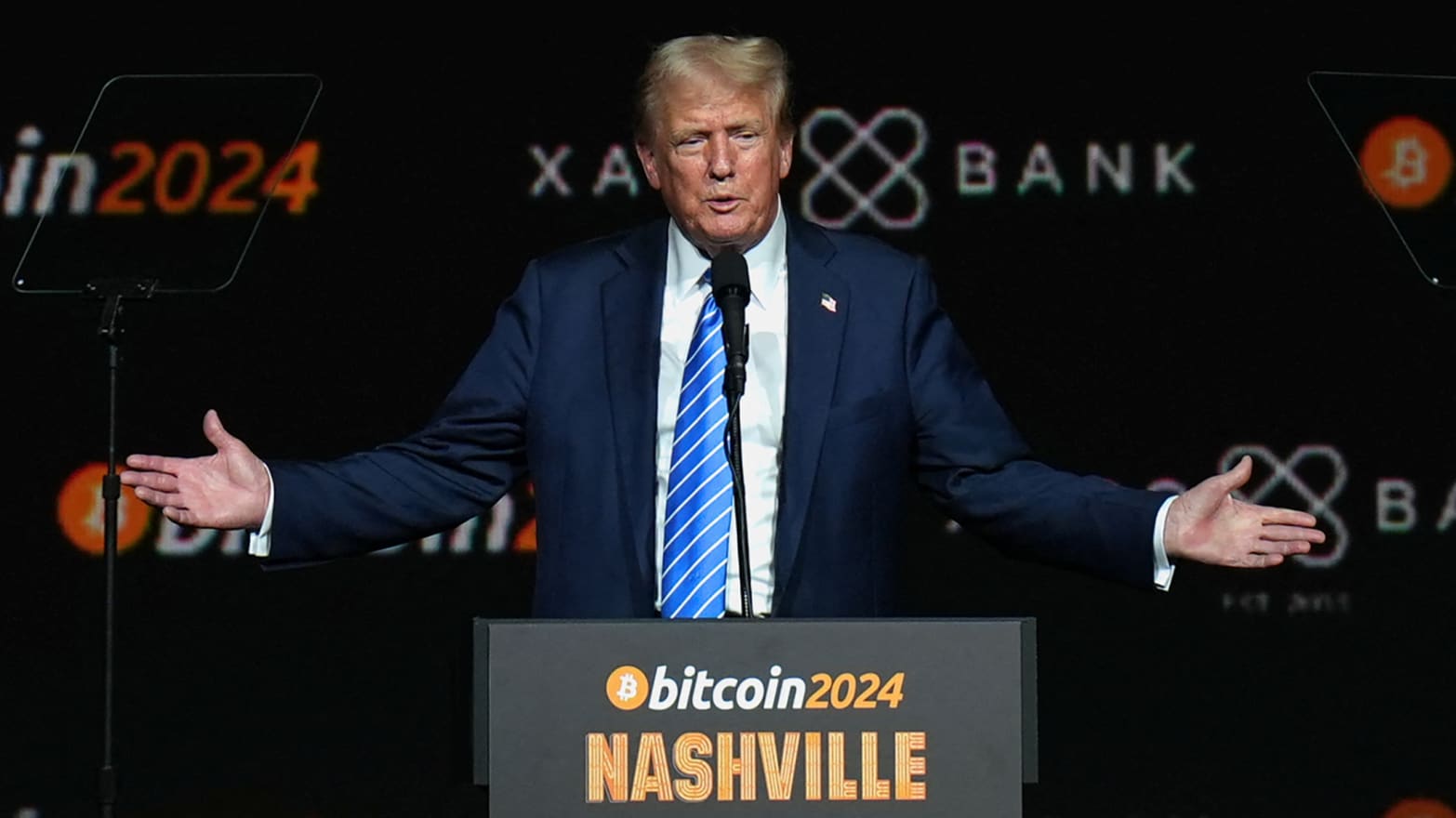For a cryptocurrency that many say will one day replace fiat, Bitcoin’s total supply of 21 million tokens seems like quite a low number. With the world’s population estimated at just over 8.07 billion people and growing by the day, there simply isn’t enough Bitcoin to go around.
What’s more, the supply of Bitcoin that can actually be used is dwindling by the day, as a result of BTC being “lost” by users who misplaced their private keys, leaving them trapped forever in the digital abyss.
Of course, no Bitcoin can ever be lost because these assets live on the blockchain, but what does happen is that they can become inaccessible when users fail to take proper precautions. We can always locate the last address that any BTC was sent to, but the problem is what happens when the owner of that address misplaces their so-called seed phrase, which is essential to access that wallet.
Seed phrases are random strings of 12 or 24 letters that are used to secure cryptocurrency wallets. They’re just like passwords in that, you enter the seed phrase to be able to interact with the wallet in question. But unlike traditional passwords, the decentralized nature of crypto means there’s no comeback if you happen to forget it. Because you never “sign up” for a crypto account, there’s no way to recover that seed phrase via email if you misplace it, and that is the reason why millions of dollars’ worth of Bitcoin have been effectively lost forever.
Bitcoin’s Biggest Losers
Over the years, a number of horror stories have emerged of lost fortunes, with some unlucky former Bitcoin hodlers losing access to millions of dollars’ worth of funds.
Take the case of U.K. information technology engineer James Howells, who has been fighting legal battles for the best part of a decade to try and recover a lost hard drive containing over 8,000 BTC that was accidentally discarded in 2013.
According to Howells, the hard drive in question was placed in a black bin bag and later mistaken for trash, which is why it ended up in an enormous landfill site near the Welsh town of Newport. At the time, his 8,000 BTC were worth just a couple of hundred dollars, but that was before Bitcoin went on an epic journey that saw the price of one BTC rise from less than a dollar to over $50,000 today. It’s estimated that Howell’s lost fortune is now worth around $443 million at today’s prices.
Unfortunately for Howell’s, Newport’s City Council has steadfastly refused to allow Howells and his team of engineers to dig up the landfill site to try and recover the lost hard drive, stating that his proposals “pose significant ecological risks”.
A similar tale involves the software developer Stefan Thomas, who says he bought more than 7,000 BTC back in 2011 when the price was less than $20. The value of his BTC has exploded and it’s now worth more than $380 million, but, he made the mistake of storing the seed phrase on a USB flash drive – and protecting that seed phrase with a password.
Unfortunately for Thomas, in his haste to secure his seed phrase he forgot to secure the flash drive itself, and he cannot remember the password he used to protect it. Despite multiple efforts made by numerous cryptography experts, he has so far been unable to regain access to that device, meaning he cannot recover the seed phrase to his crypto fortune.
How Many Bitcoins Are Left?
Because Bitcoin is entirely decentralized, it’s impossible to know precisely how many BTC have been lost to the aether, as there’s no way to keep count. However, various studies have shown that there is an enormous amount of Bitcoin-based value that can no longer be accessed by its owners, save for them overcoming odds of trillions-to-one and correctly guessing their lost seed phrase.
In a 2023 study, the digital research agency Cane Island estimated the number of lost Bitcoin at more than six million, which is close to a third of Bitcoin’s overall supply of 21 million.
If that estimate is accurate, it means more than $300 billion worth of Bitcoin has been lost forever, based on its current market capitalization of just over $1 trillion in September 2024.
Other studies suggest that Cane Island’s estimate is indeed accurate, with an earlier report by TheBlock showing that 29% of Bitcoin’s supply had not moved in the last five years. While some of those coins might just be in long-term storage and still accessible by their owners, it’s likely that a significant number of them are out of reach.
What Can Be Done?
Irrecoverable does indeed mean irrecoverable, and there is no way to regain access to any wallets whose seed phrases have been permanently misplaced, but we can do something to secure the existing and still-accessible supply of BTC.
Thanks to recent innovations around account abstraction, the crypto industry has seen the emergence of a new generation of so-called “smart wallets” that aim to replace seed phrases as the standard for crypto security.
Although seed phrases are extremely robust in terms of securing wallets, if anything, the problem is that they are too robust. Seed phrases are the only way to access crypto, which means that users cannot be forced to give up their funds, not even by law enforcement.
But this iron-clad security also means there is no contingency plan for those who lose their seed phrase, and that is the reason why so many BTC tokens have been permanently removed from circulation. It’s also thought to be one of the most off-putting things about crypto, and is seen as a major obstacle to its wider adoption.
This is why new, account abstraction wallets like Ambire Wallet are getting so much attention. With account abstraction, it has become possible to decouple crypto wallets from their seed phrase and instead create “smart accounts” that utilize traditional smart contracts. These smart accounts can be deployed on Ethereum and act as an alternative to the traditional seed phrase.
With Ambire Wallet, users can create an account using an email address and a traditional password. The wallet uses some clever custom logic, which enables the user to recover access to it even if they lose that password simply by using their email to reset it.
Ambire Wallet explains that the advantages of account abstraction extend beyond simplified account recovery, with users able to secure their crypto funds using a combination of hardware wallets, two-factor authentication and biometrics. In this way, Ambire Wallet is as unhackable as any seed phrase is but comes with the distinct advantage of not needing to use a piece of paper to ensure you’ll always be able to access it.
How Does It Work?
It’s important to point out that Ambire Wallet is a self-custodial wallet, just like MetaMask, Trust Wallet and Coinbase Wallet, for example. This is important for crypto users, because it means they retain full control of their funds. No one else can access them, not even Ambire Wallet itself, and users cannot be blocked in any way, so they’ll always be able to transact.
From the perspective of the user, all Ambire Wallet does is keep things simple, with an experience that’s more akin to signing up for a cryptocurrency exchange such as Binance. Simply enter your email, type in your password, and your wallet account is automatically created and it’s fully under your control.
Where it differs from Binance is the way it works under the hood. Whereas Binance maintains a cryptographically secure database of user’s passwords to enable account recovery, Ambire Wallet uses clever multi-signature techniques based on the concept of two security keys. One of those keys is stored on the user’s device and encrypted with their password, and the other is stored by Ambire on its backend infrastructure, to ensure users will always have access to their balances.
A Superior Security Model
With its seedless crypto accounts, Ambire reckons it has helped customers to recover more than $200,000 worth of funds that would have already been lost had those users instead relied on seed phrases. Thanks to its simple, email-based recovery process, it promises to transform the whole idea of crypto security, and the likes of Howells and Thomas can only wish that such innovation had occurred much sooner than it did.
As Ambire Wallet’s popularity increases, it’s becoming clear that account abstraction represents a game changer for the crypto industry, and it will ultimately lead us into an era where lost crypto funds are something that no longer occurs. It’s bringing Web2 functionality and user-friendliness into the Web3 industry, and that’s exactly what the crypto industry requires if it’s to appeal to the mainstream masses.




